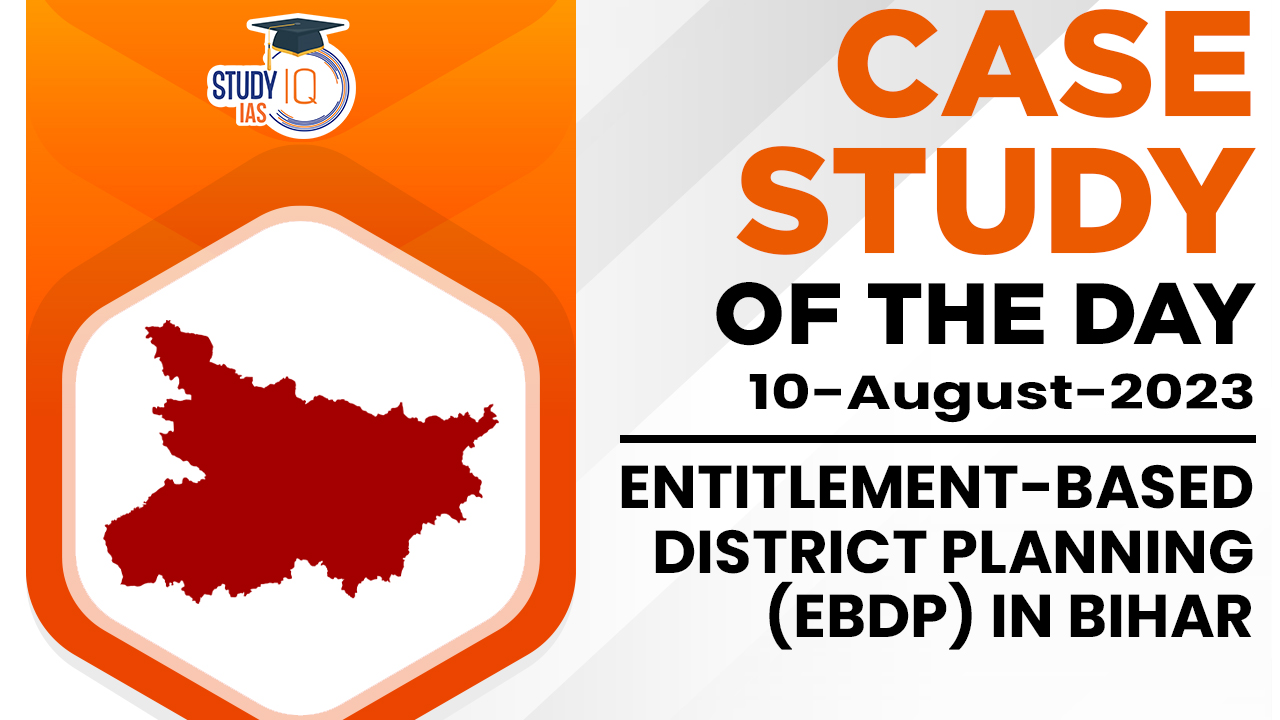Table of Contents
EBDP is a unique initiative that institutionalises decentralised planning at the district level across Bihar through an entitlement-based approach to ensure inter-regional and social equity. Under EBDP, each district is allocated a certain amount of funding based on its population, area, and level of development. This funding is then used to implement a range of schemes and programmes that are designed to meet the needs of the local population.
Benefits of EBDP
- Increased accuracy and efficiency in the planning process: EBDP ensures that each district receives the funding it is entitled to, which helps to ensure that resources are used in a more efficient and effective way.
- Improved coordination between different levels of government: EBDP requires the participation of all levels of government, from the state government to the panchayats. This helps to ensure that there is a better coordination between different agencies and that resources are used more effectively.
- Enhanced public participation: EBDP requires the participation of the local population in the planning process. This helps to ensure that the plans are more responsive to the needs of the people.
- Reduced corruption: EBDP helps to reduce corruption by making the planning process more transparent and accountable.
Challenges of EBDP
- Lack of capacity at the district level: The district governments in Bihar often lack the capacity to implement EBDP effectively. This is due to a number of factors, including low levels of literacy and training among government officials.
- Lack of coordination between different agencies: EBDP requires the coordination of different agencies, both at the state and district levels. However, this coordination is often difficult to achieve, due to bureaucratic procedures and turf wars.
- Lack of public participation: While EBDP requires the participation of the local population in the planning process, this participation is often limited. This is due to a number of factors, including illiteracy, poverty, and lack of awareness.
EBDP is a promising initiative that has the potential to improve the planning process in Bihar. However, the initiative faces a number of challenges like lack of capacity at the district level, lack of coordination between different agencies, and lack of public participation. Despite these challenges, EBDP is a valuable initiative that has the potential to make a real difference in the lives of the people of Bihar.


 Effectiveness of Tobacco Taxation in Ind...
Effectiveness of Tobacco Taxation in Ind...
 Private Sector Participation in Defence ...
Private Sector Participation in Defence ...
 India–France Strategic Cooperation in ...
India–France Strategic Cooperation in ...




















